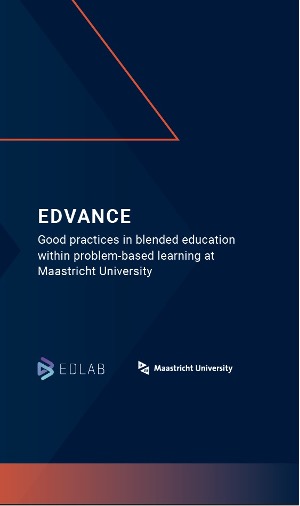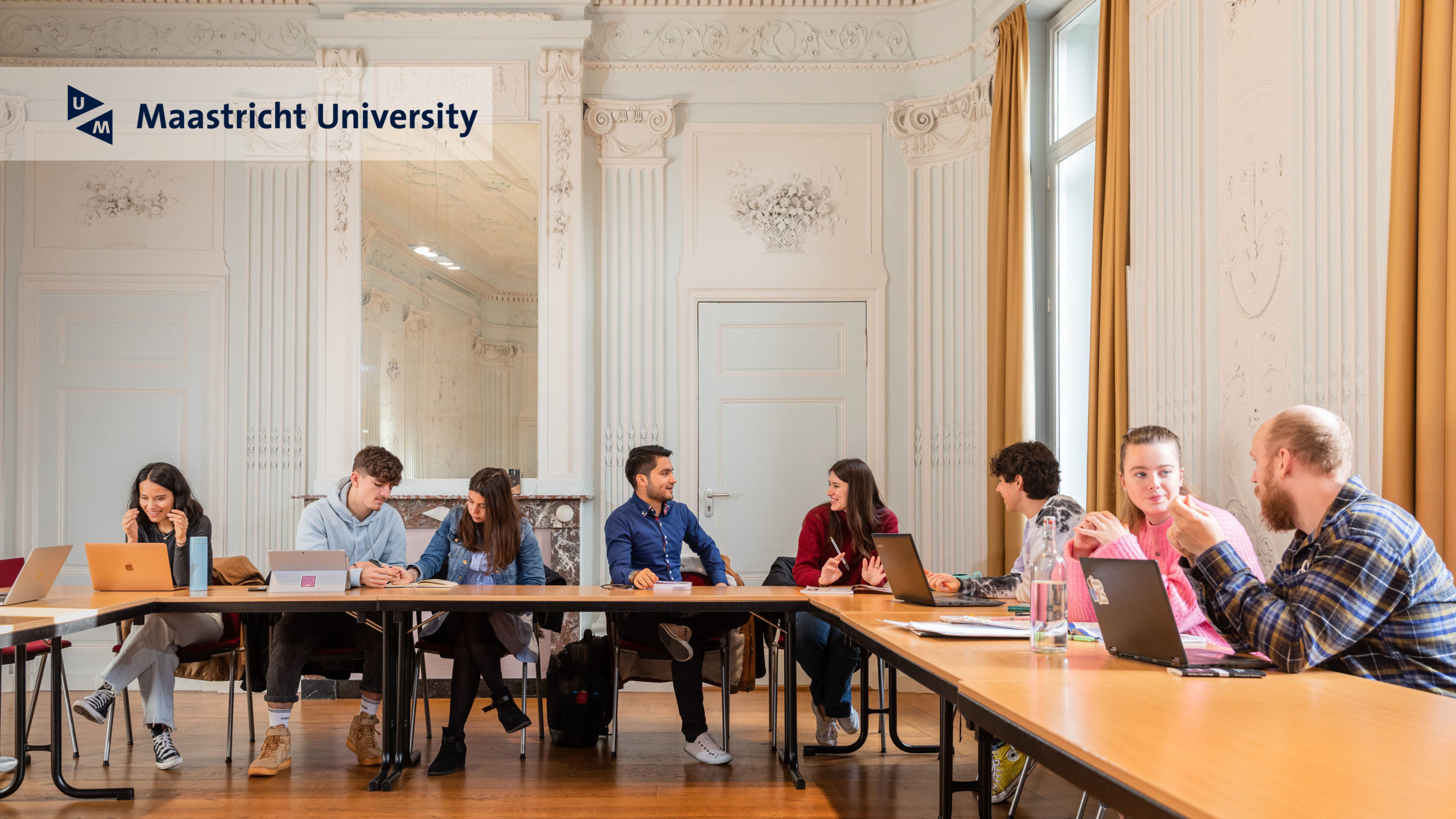With the experiences of lockdown-induced online education fresh in our mind, the Maastricht University Institute for Education Innovation (EDLAB), has conducted research on good blended practices in problem-based learning. The findings of the ‘EDvance’ project are out now and can be viewed here.
Since its establishment, Maastricht University (UM) is known for its problem-based learning (PBL) education model. During the COVID-19 crisis, education at UM was offered through a variety of fully online and blended formats to ensure continuation of education for all students.
In the aftermath of the first lockdown, EDLAB, the Maastricht University Institute for Education Innovation, has researched the variety of and experiences with blended educational practices with a specific focus on problem-based learning. In 2021, researchers Dr. HQ Chim and Anne van Dijk, MSc., have run the ‘EDvance’ project revolving around the question “What is the optimal setting for blended or technology-assisted PBL and how do we achieve this setting within the CCCS principles?”. Throughout the project, the researchers collected educational practices and experiences from the UM community as well as national and international universities and backed their findings with evidence-based literature.

The results are now bundled in the EDvance-book, which can be viewed here. Besides an overview of good blended educational practices in PBL, the book also provides strategies to support students and educators, focusing on the entire educational process, at course – and curriculum level, including such themes as well-being and community building. Although many of the practices discussed within this report are educational practices and innovations enhanced by technology, non-digital practices are also addressed.
What makes EDvance unique is the timely and evidence-informed compilation of blended educational practices in relation to Maastricht University’s PBL CCCS learning principles. Learning is Constructive – collecting and generating knowledge together; Contextual – seeing the relevance of what you do; Collaborative – working together and sharing responsibility; and Self-directed – actively participating and taking initiative, online and on campus.
With the findings presented in EDvance, we hope to sustainably embed good blended PBL practices in instructional design processes. This report seeks to stimulate UM teaching staff to further diversify PBL formats and be more creative with regard to intended learning outcomes, teaching –and learning activities and assessment.
Contact:
Walter Jansen, Senior coordinator education innovation EDLAB: walter.jansen@maastrichtuniversity.nl










